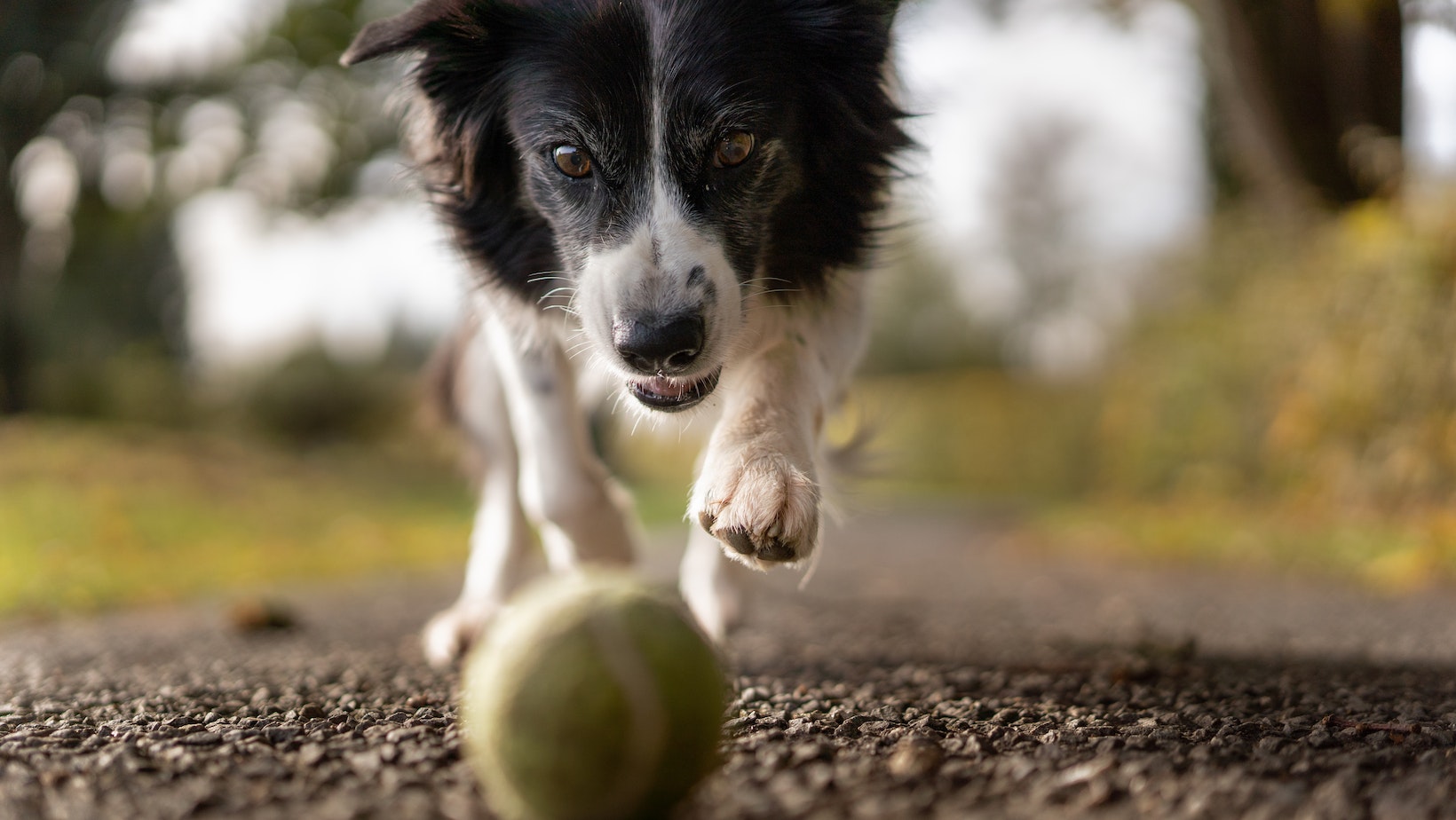How to Stop My Puppy From Biting
If you’re struggling with your dog’s biting behavior, you’re not alone. Many dog owners face this challenge and wonder how to put an end to it. Biting can be both frustrating and concerning, especially if it becomes aggressive or causes harm. In this article, I’ll share some effective strategies that can help you get your dog to stop biting.
One key aspect of addressing biting behavior is understanding the underlying reasons behind it. Dogs may bite out of fear, anxiety, possessiveness, or even as a form of play. Identifying the root cause is crucial in developing an appropriate approach to tackle the issue. By recognizing why your dog bites, you’ll be better equipped to address the problem effectively.
It’s important to note that stopping your dog from biting requires patience and consistency. Training techniques such as positive reinforcement and redirection can play a significant role in modifying their behavior. Teaching them alternative behaviors and providing appropriate chew toys can redirect their urge to bite onto more acceptable outlets.
Remember, every dog is unique and what works for one may not work for another. It’s essential to tailor your training methods according to your specific situation and seek professional guidance if needed. With dedication and proper training techniques, you can help your furry friend overcome their biting habits and create a safer environment for everyone involved.

Understanding the Reasons Behind Dog Biting
When it comes to dealing with a biting dog, it’s crucial to understand the underlying reasons behind this behavior. Dogs may bite for various reasons, and as responsible pet owners, it’s our duty to identify and address these issues. Here are some key factors that can contribute to dog biting:
- Fear or Anxiety: Dogs may resort to biting when they feel scared or threatened. This could be due to past traumatic experiences, lack of socialization, or specific triggers that make them uncomfortable. It’s essential to create a safe and secure environment for your furry friend while gradually exposing them to new situations.
- Lack of Training: Proper training plays a significant role in preventing aggressive behaviors in dogs. If a dog hasn’t received proper obedience training or lacks basic social skills, they may resort to biting as a means of communication or defense mechanism. Consistent training methods and positive reinforcement can help curb this behavior.
- Protective Instincts: Some dogs have strong protective instincts towards their family members or territory. While this is an admirable trait in many ways, it can also lead to aggressive behavior if not properly managed or controlled. Teaching your dog proper boundaries and providing them with appropriate outlets for their protective instincts can help mitigate the risk of biting incidents.
- Medical Issues: Sometimes, underlying medical conditions could be the cause of sudden changes in a dog’s behavior, including increased aggression and biting tendencies. Pain, discomfort, hormonal imbalances, or neurological disorders might all contribute to such behaviors. Consulting with a veterinarian is crucial if you notice any unexplained changes in your dog’s demeanor.
- Environmental Factors: The environment in which your dog lives can also influence their propensity for biting behaviors. A lack of mental stimulation, being confined for extended periods without exercise or social interaction, exposure to violence or abuse – all these factors can negatively impact a dog’s temperament and increase the likelihood of aggressive responses.
Understanding the reasons behind dog biting is the first step towards finding effective solutions. By addressing these underlying causes and providing appropriate training, socialization, and care, we can help our dogs overcome their biting tendencies and create a safer and happier environment for both them and ourselves.